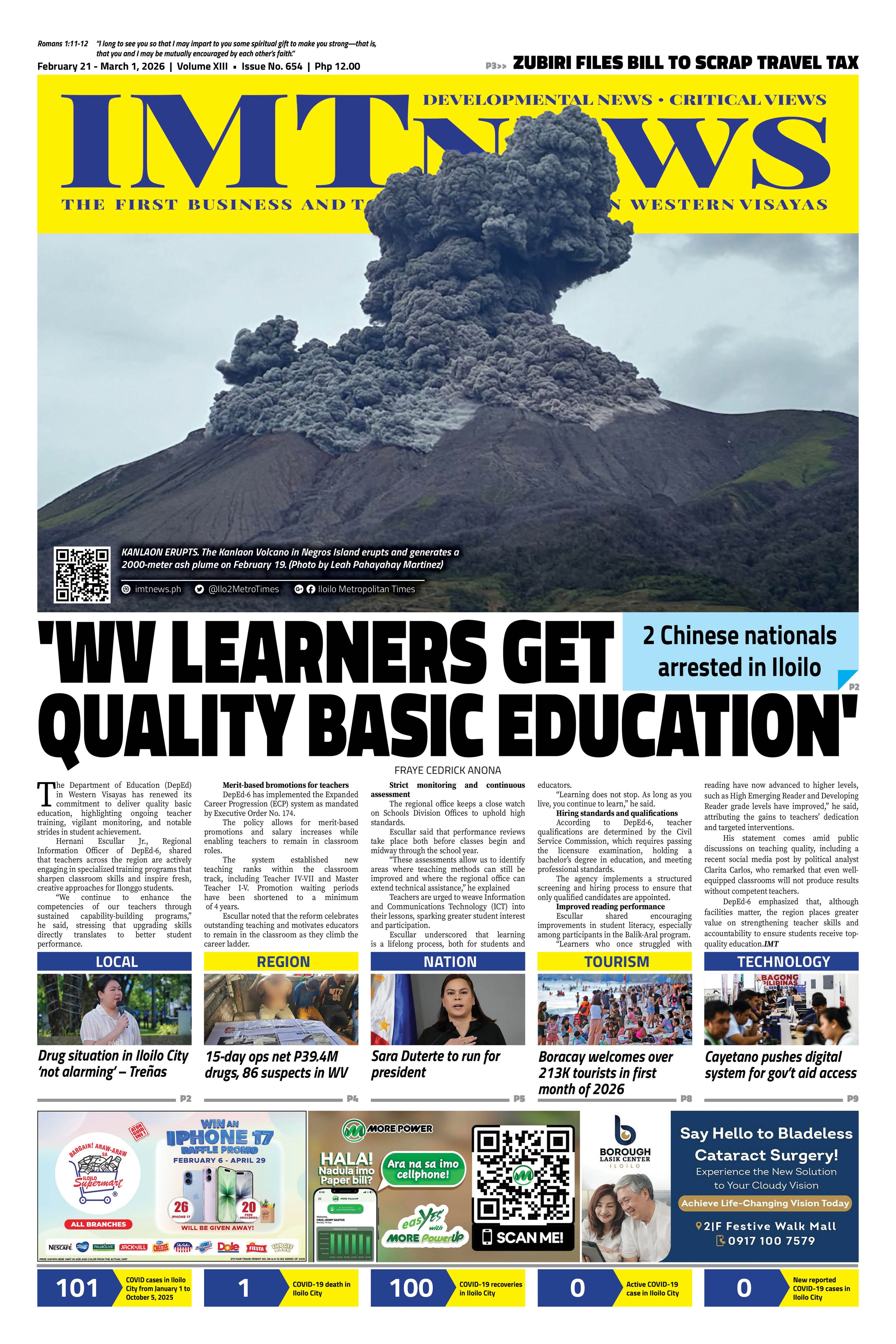Choosing the right research topic can be tough and rough, whether for a high school project, an undergraduate thesis, or a PhD dissertation. Finding one relevant to your growth and grade can be challenging. After all, what if it turns out to be a dud? What if it does not offer anything sensible? Choosing the apt topic requires introspection, preparation, and a fair dose of pragmatism.
First, match your theme with your enthusiasm. A research project should pique your interest and not only help you get by. How can you keep driven if you cannot see yourself spending months or years on it? Consider subjects or areas that keep you awake at night, which cause you to wonder, “Why don’t anyone explore this more?” or “How can I freshly approach this?” For instance, researching sustainable farming methods in Iloilo to solve food security can be fascinating and vital. Your interest in the topic will see you through the investigation process.
But passion by itself is insufficient. Your topic has to be doable, given your time and means. Are the necessary data readily available? Are you armed with the tools and support required? It would be advisable to rethink if you are a PhD student interested in marine ecosystems whose budget does not allow for the needed tools or travel. Focus on topics that are practical and achievable based on the resources you have.
Remember also the need for direction. Your adviser can help you stay on target and polish your ideas. They can help you shape your research question, link you with professionals, and highlight areas of weakness in current studies. This mentoring provides experience and knowledge; thus, it is valuable. If you wish to investigate the effects of digital learning in far-off communities, your advisor could assist you in locating studies on related subjects or contact the appropriate offices or experts.
Remember the broader goals of your department, school, or university. Knowing your organization’s research agenda will enable you to guide your decisions. If your department or college emphasizes sustainability, an urban farming or waste management project would fit their goals nicely. Aligning your topic with your course’s focus can boost financial and intellectual support.
Once you find an exciting topic, create a straightforward, specific research question. Instead of “How does social media affect youth?” narrow it down to “How does social media influence body image in teenagers?” This facilitates the data-collecting process and helps one derive reasonable results.
These days, technology—especially artificial intelligence—is quite helpful. By generating ideas, locating pertinent material, or identifying developing trends, tools like AI and data analytics software can help simplify your research. AI can assist you in sorting through hundreds of papers if you are researching climate change awareness in Iloilo, saving time and providing a clearer picture of what is already studied. These instruments can also boost effectiveness and help to lower expenses.
One should never ignore ethical issues. Research respects the people and information you handle, not only about obtaining the facts. Remember to treat your participants with dignity, be open, and correctly quote sources. Make sure your subjects for surveys or interviews understand the goal of your research and how their answers will be applied.
Recall that research goes beyond simply meeting a requirement for academics. It is about lending something significant to society. Your efforts shape laws, affect local communities, or assist in solving practical issues. For instance, researchers looking at nearby healthcare concerns might help enhance services for underprivileged groups. Remember that your studies are not there to collect dust. It must serve both for you and others in ways you might not even consider possible.
Remember also that research is a changing process. Your starting road might not be the one you wind up on. More profoundly, you may find fresh questions that will send you on unanticipated paths. The secret is flexibility or adaptability. Do not hesitate to change if you begin with one concept and find another that is more relevant.
Selecting a research topic goes beyond simply checking off a box. This careful, introspective process requires passion, pragmatism, grit, and a clear goal. Approach it with curiosity, integrity, and an open mind. Always ask yourself, “Can I do this?” and more importantly, “Will it make a difference?”
Doc H fondly describes himself as a ”student of and for life” who, like many others, aspires to a life-giving and why-driven world grounded in social justice and the pursuit of happiness. His views do not necessarily reflect those of the institutions he is employed or connected with.
Quest for a research topic






